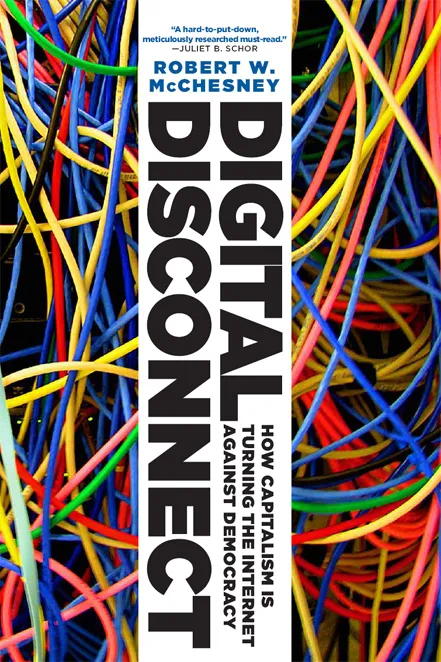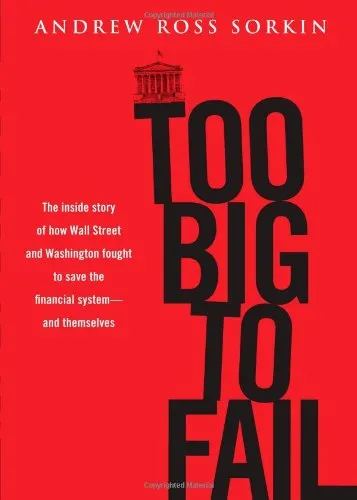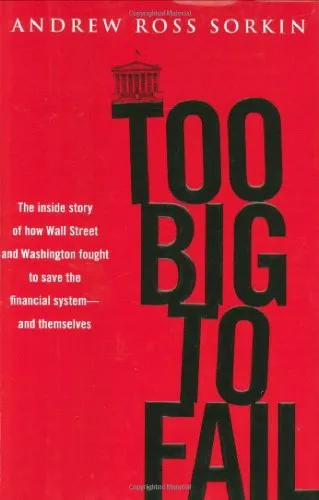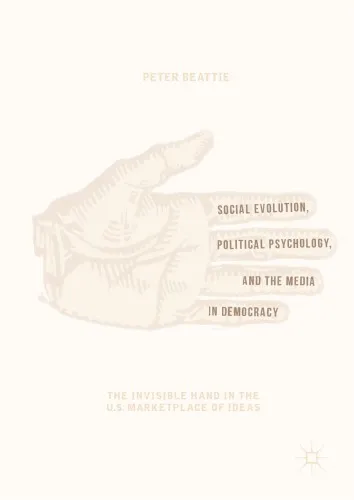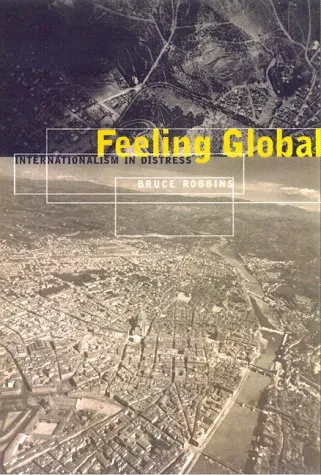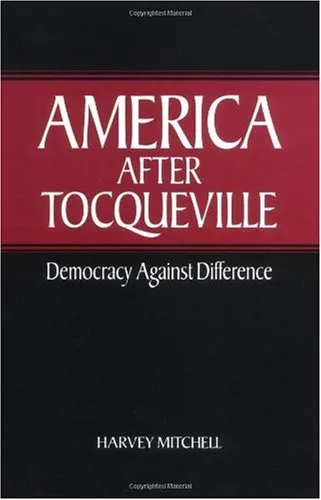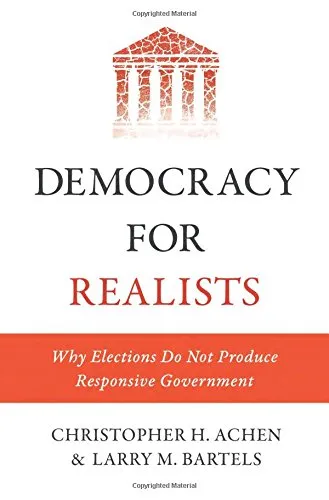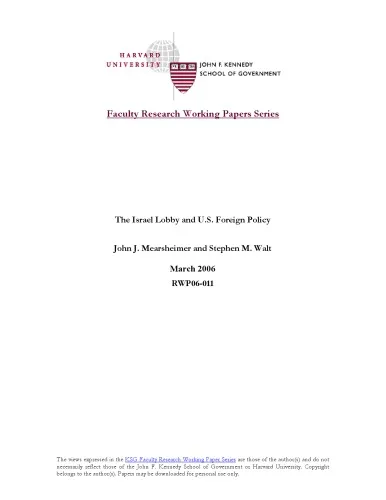Digital disconnect: how capitalism is turning the Internet against democracy
4.5
Reviews from our users

You Can Ask your questions from this book's AI after Login
Each download or ask from book AI costs 2 points. To earn more free points, please visit the Points Guide Page and complete some valuable actions.Related Refrences:
Introduction to 'Digital Disconnect: How Capitalism is Turning the Internet Against Democracy'
In Digital Disconnect, Robert W. McChesney delivers a searing critique of how the internet — once hailed as a revolutionary tool for democratic engagement, free expression, and economic prosperity — has devolved into a mechanism controlled by powerful corporate interests. The book argues that despite the internet's potential to empower individuals and promote democracy, its evolution has been fundamentally distorted by capitalism.
McChesney illuminates how the digital age, originally envisioned as an open platform for innovation and connectivity, has been hijacked by monopolistic corporations. Instead of promoting public good, the internet is now leveraged to maximize profit, undermining the values of democracy in the process. By exposing the link between corporate power and the erosion of democratic systems, McChesney warns readers of the urgent need to address these systemic issues for a more equitable digital future.
Detailed Summary of the Book
The book begins by exploring the historical context of the internet's development, situating it within broader trends in capitalism and media. McChesney highlights how early visions of the internet were imbued with optimism — celebrated as a tool to level the playing field and empower individuals. However, he systematically dismantles this mythology by revealing the economic and political influences that have shaped its evolution.
McChesney identifies the concentration of power in a handful of tech giants like Google, Facebook, and Amazon as the primary culprit for the internet’s deviation from its original promise. These corporations, driven by profit motives, have created an online ecosystem dominated by surveillance capitalism, where user data is commodified and privacy is sacrificed for advertising revenue. This centralized model not only fuels inequality but also threatens freedom of expression by prioritizing content that reinforces consumerism and suppresses dissenting voices.
Furthermore, the book delves into how these developments exacerbate political polarization and mislead public discourse. Algorithms designed to optimize engagement often amplify misinformation, creating echo chambers that distort the truth for monetary gain. McChesney explains how this dynamic undermines the very foundations of democratic deliberation and accountability.
As McChesney charts the internet's rise within a neoliberal capitalist framework, he urges readers to reconsider the relationship between technology, power, and democracy. The book concludes by calling for structural reforms, including stronger public oversight of tech companies, regulatory measures to curb monopolistic behavior, and the promotion of alternative, nonprofit-driven internet models.
Key Takeaways
- The internet's transformation from an open medium to a corporate-controlled ecosystem is a direct result of capitalism's dominance over political and technological decisions.
- Surveillance capitalism, enabled by the data economy, prioritizes profit over user privacy and democratic accountability.
- Political polarization and the spread of misinformation are byproducts of profit-driven algorithms that exploit human psychology to maximize user engagement.
- Public intervention and systemic reforms are essential to reclaim the internet as a democratic space that serves the public interest.
Famous Quotes from the Book
"The internet is not inherently democratic or undemocratic; its politics are dependent entirely on how it is controlled and structured."
"The central tragedy of the digital revolution is how its vast potential has been subordinated to the narrow logic of profit-making."
"If democracy is to survive, the internet must be wrested from the grip of the monopolistic corporations that prioritize profits over people."
Why This Book Matters
Digital Disconnect is a critical wake-up call for anyone invested in the future of democracy and the internet. At a time when technology’s influence pervades every aspect of society, McChesney’s analysis reveals the hidden forces shaping our digital lives and their consequences for human rights, privacy, and civic engagement.
The book challenges readers to grapple with the intersection of capitalism and technology and compels policymakers, technologists, and citizens to advocate for a fairer, more democratic internet. Its arguments are particularly relevant in today’s landscape, where discussions about antitrust reforms, content moderation, and the ethical use of AI dominate public discourse.
In essence, McChesney’s work stands as a clarion call to rethink society’s digital priorities and reclaim the internet as a transformative force for good.
Free Direct Download
You Can Download this book after Login
Accessing books through legal platforms and public libraries not only supports the rights of authors and publishers but also contributes to the sustainability of reading culture. Before downloading, please take a moment to consider these options.
Find this book on other platforms:
WorldCat helps you find books in libraries worldwide.
See ratings, reviews, and discussions on Goodreads.
Find and buy rare or used books on AbeBooks.
1574
بازدید4.5
امتیاز0
نظر98%
رضایتReviews:
4.5
Based on 0 users review
Questions & Answers
Ask questions about this book or help others by answering
No questions yet. Be the first to ask!
